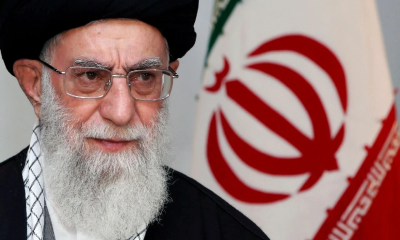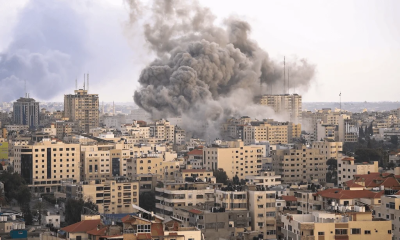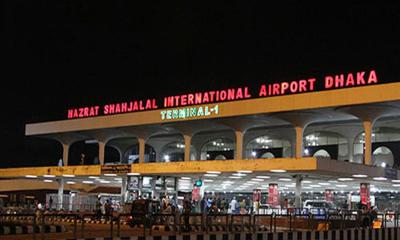The number of people forcibly displaced worldwide reached 120 million in 2023, rising sharply for the 12th consecutive year, the UN Refugee Agency (UNHCR) said Thursday, report news agencies.
Underlining that the new figure represents "historic new levels," the UNHCR said in a report that it reflects both new and mutating conflicts and a "failure to resolve longstanding" crises."
The figure would make the global displaced population equivalent to the 12th largest country in the world, around the size of Japan," it said
The agency pointed to the conflict in Sudan as "a key factor driving the figures higher, as since April 2023, more than 7.1 million new displacements were recorded in the country, with another 1.9 million outside.”
At the end of 2023, a total of 10.8 million Sudanese were uprooted, it added.
Additionally, the report said that millions were internally displaced last year by vicious fighting in the Democratic Republic of Congo and Myanmar.
Citing estimates from the UN agency for Palestinian refugees (UNRWA), it said that up to 1.7 million people -- 75% of the population -- had been displaced in the Gaza Strip by "catastrophic violence” with some refugees “having fled multiple times."
It added that Syria remains "the world’s largest displacement crisis," with 13.8 million forcibly displaced in and outside the country.
"Behind these stark and rising numbers lie countless human tragedies. That suffering must galvanize the international community to act urgently to tackle the root causes of forced displacement," Filippo Grandi, the UN high commissioner for refugees, said in a press release.
"It is high time for warring parties to respect the basic laws of war and international law," Grandi said, emphasizing that displacement figures "will keep rising, bringing fresh misery and costly humanitarian responses" without better cooperation and concerted efforts to address conflict, human rights violations and the climate crisis.
The largest increase in displacement figures came from individuals fleeing conflict who remain in their country of origin. According to the Internal Displacement Monitoring Centre, this number has risen to 68.3 million people, representing an almost 50% increase over the past five years.
The number of refugees and other people in need of international protection has reached 43.4 million, according to data from the UNHCR and UNRWA. The majority of refugees are hosted in neighboring countries, with 75% residing in low- and middle-income countries that collectively contribute less than 20% to global GDP.
The report revealed that globally, over five million internally displaced people and a million refugees returned to their places of origin in 2023. Notably, resettlement arrivals increased to 154,300 last year.
"Refugees – and the communities hosting them – need solidarity and a helping hand. They can and do contribute to societies when they are included," Grandi said.
"Equally, last year, millions of people returned home, representing an important glimmer of hope. Solutions are out there – we`ve seen countries like Kenya lead the way in refugee inclusion – but it takes real commitment."


-said-Thursday-20240613073359.jpg)






-20260301064029.webp)








-20260228080513.webp)





-20260224075258.webp)






-20260225072312.webp)
